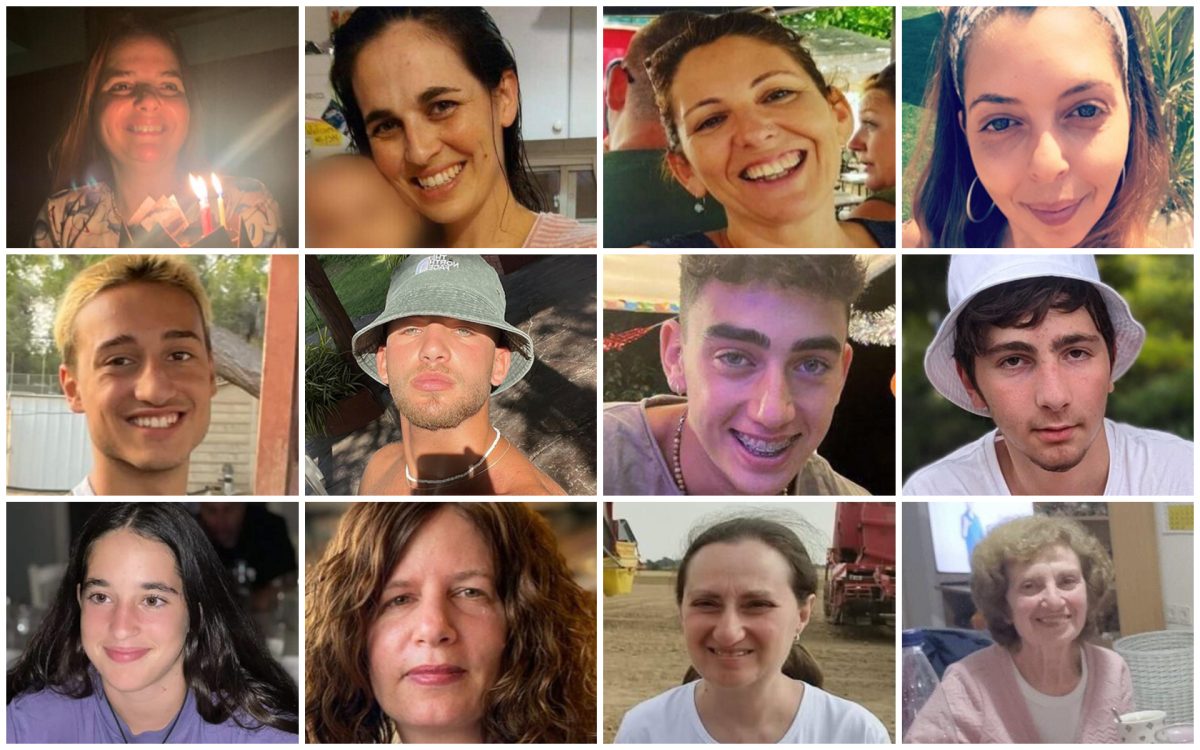On Dec. 2, 110 hostages were released from captivity in Gaza as a result of negotiation between Hamas and Israel to mark a temporary pause in hostilities for six days.
On Oct. 7, Hamas launched an unprecedented attack on Israeli army outposts and villages. 1,500 Hamas militants killed more than 1,500 civilians and 6,900 were wounded. Israel soon responded with a military attack to fight for retaliation. Since then, more than 17,000 Palestinians in Gaza have been killed by Israeli forces.
Amid Israel’s intensifying retaliation, with Qatar’s mediation, the officials negotiated a peace truce to put a ceasefire on the conflict and exchange captives. On November 24, Israel-Hamas truce began. Hostages were released as the fighting was paused and humanitarian aid was allowed to enter Gaza. The truce was extended two times from four days to six and six to seven days until the brutality resumed on Friday.
The captivity condition in Hamas was exposed once the Israeli hostages were released. One of the released hostages reported that they were only fed rice and bread a few times per day and said that the portion was not big enough. The hostages were forced to stay quiet despite the non-stop bombing they heard above the ground as the hostages were reportedly kept in a tunnel underground.
A nephew of a released captive shared his aunt’s experience.
“They took her inside the tunnels … she walked, bare feet in the mud of the tunnels. It was very hard to breathe. They marched [for] hours in the tunnels,” the nephew said. “They just heard the nonstop bombing until the day before their release. Suddenly, there was amazing silence and they knew something was going to happen but they didn’t know what.”
The captives were also reportedly drugged, especially the children since it is difficult to control young children and adolescents. Renana Eitan, director of the psychiatric division of the Tel Aviv Sourasky Medical Centre-Ichilov, said. “They wanted to control the kids, and sometimes it’s difficult to control young children, adolescents. And they know that if they drug them they will be quiet.”
To some, the revelation of this news came as a surprise since the information available about the hostage condition in Gaza has been limited since October.
“When I saw this on the news, I was really shocked to hear the inhumane conditions the hostages were held in,” Haven Cha (10), frequent news watcher, said. “It is very unfortunate that the hostages held as prisoners are innocent people that don’t deserve to go through what they are experiencing right now.”
While some reacted with shock upon hearing the news, others perceived the release of the hostages as a positive development, a step toward peace.
“As someone who has personal interaction with both sides of the Israeli-Palestinian conflict, I always hoped that the safety and well-being of the civilians would become a priority despite the dispute,” Joonmo Ahn (10), former resident of Israel, said. “So, I was delighted to see notable progress in hostage releasing and temporary peace restoration in favor of those who are unintentionally entangled in the war.”


